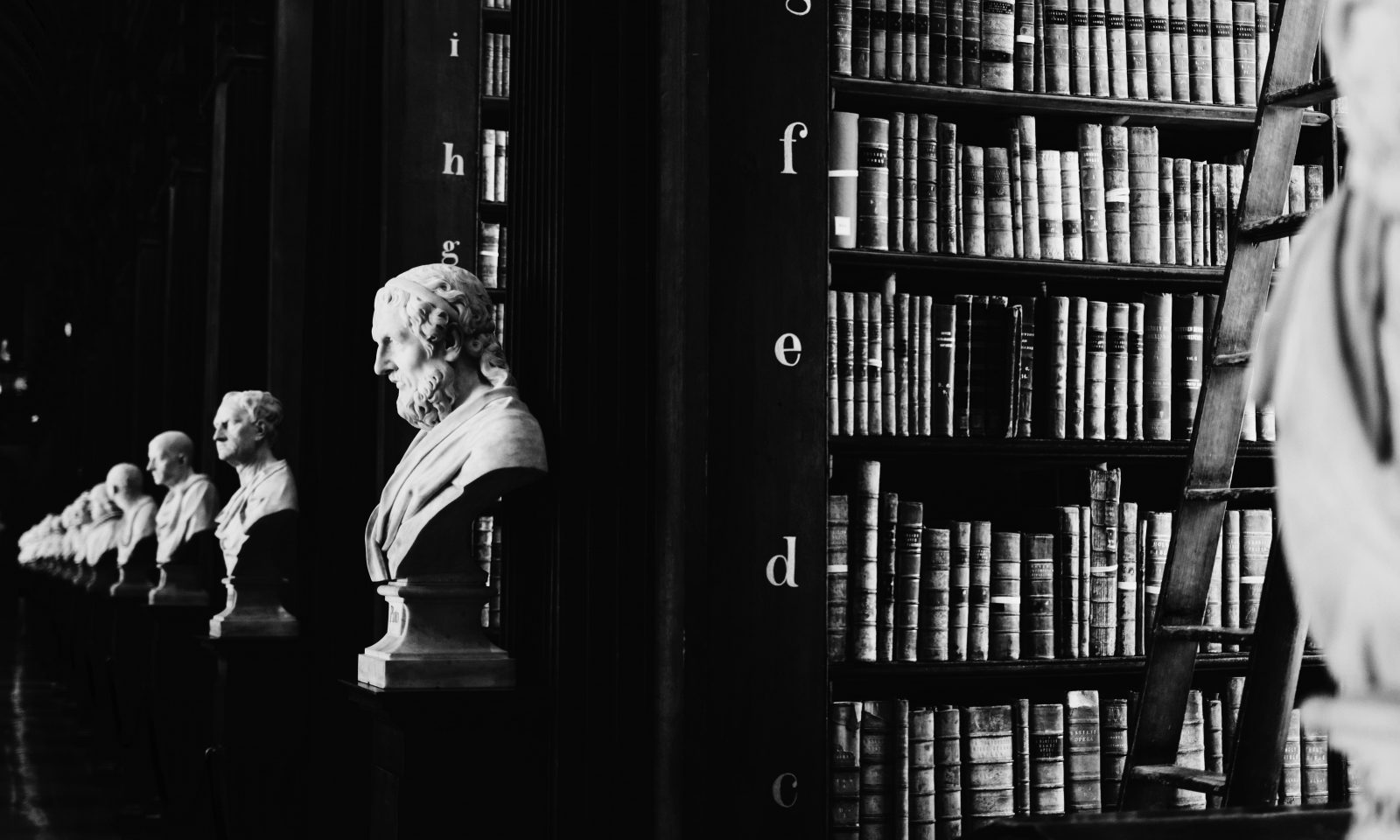Guidelines for the Implementation of the DSM Directive
Yesterday Communia released the guidelines for implementation of the Directive on copyright and related rights in the digital single market (DSM directive). These guidelines explain different provisions of the new DSM Directive and make suggestions on what to advocate for during the implementation process of those provisions in the EU Member States.
Communia’s Guidelines are aimed at local advocates and national policy makers, and have the general objective of expanding and strengthening user rights at a national level beyond what is strictly prescribed by the new Directive.
Communia partnered with LIBER (Articles 3 and 4), dr. Maja Bogataj Jančič, head of IPI, IFLA (Article 6) and Europeana (Articles 8 to 11) for the creation of these guidelines. The guidelines are part of a wider implementation project of COMMUNIA and its members Centrum Cyfrowe and Wikimedia, which includes a range of activities (including our transposition bootcamp) to make sure that local communities in as many Member States as possible participate in their national legislative processes.
The two and a half years of public discussions of the new DSM Directive were largely centred on a small number of problematic clauses (the press publishers right and the upload filters). However, the DSM Directive also includes a number of provisions that improve the existing EU copyright rules (a number of new copyright exceptions and protections for the public domain).
While the national implementations will have to include all the problematic aspects of the new Copyright Directive, there is some room for meaningful improvements, and some measures can be taken to mitigate the worst provisions of the DSM Directive. The EU Member States have until 7 June 2021 to implement the DSM Directive into their national laws.
The Grand Board of the European Union Intellectual Property Office (EUIPO) finally ruled that the figurative sign ‘COVIDIOT’ cannot be registered as an EU trademark.
The 4th Open Knowledge Day took place on Tuesday 17 October 2023, with an accompanying workshop on 18 October 2023. This year it was organised by the Open Data and Intellectual Property Institute (ODIPI) and supported by Knowledge Rights 21 (KR21).
We invite you to the fourth Open Knowledge Day and the workshop, which will take place this year within the framework of the programme and with the support of Knowledge Rights 21. The event will bring together experts from different European countries to discuss two topics: the first part will deal with the legal basis for data analytics, which is a key part of machine learning and related artificial intelligence, and the general exception for research. In the second part, open science in theory and practice will be presented both in Slovenia and in some Western Balkan countries. Representatives of research and educational institutions from Slovenia and the Western Balkan countries, as well as interested members of the public, are invited to attend.
Dr. Maja Bogataj Jančič, a renowned expert in copyright law, has joined the Berkman Klein Center for Internet & Society at Harvard University, where she will serve as an affiliate researcher for the next two years.





